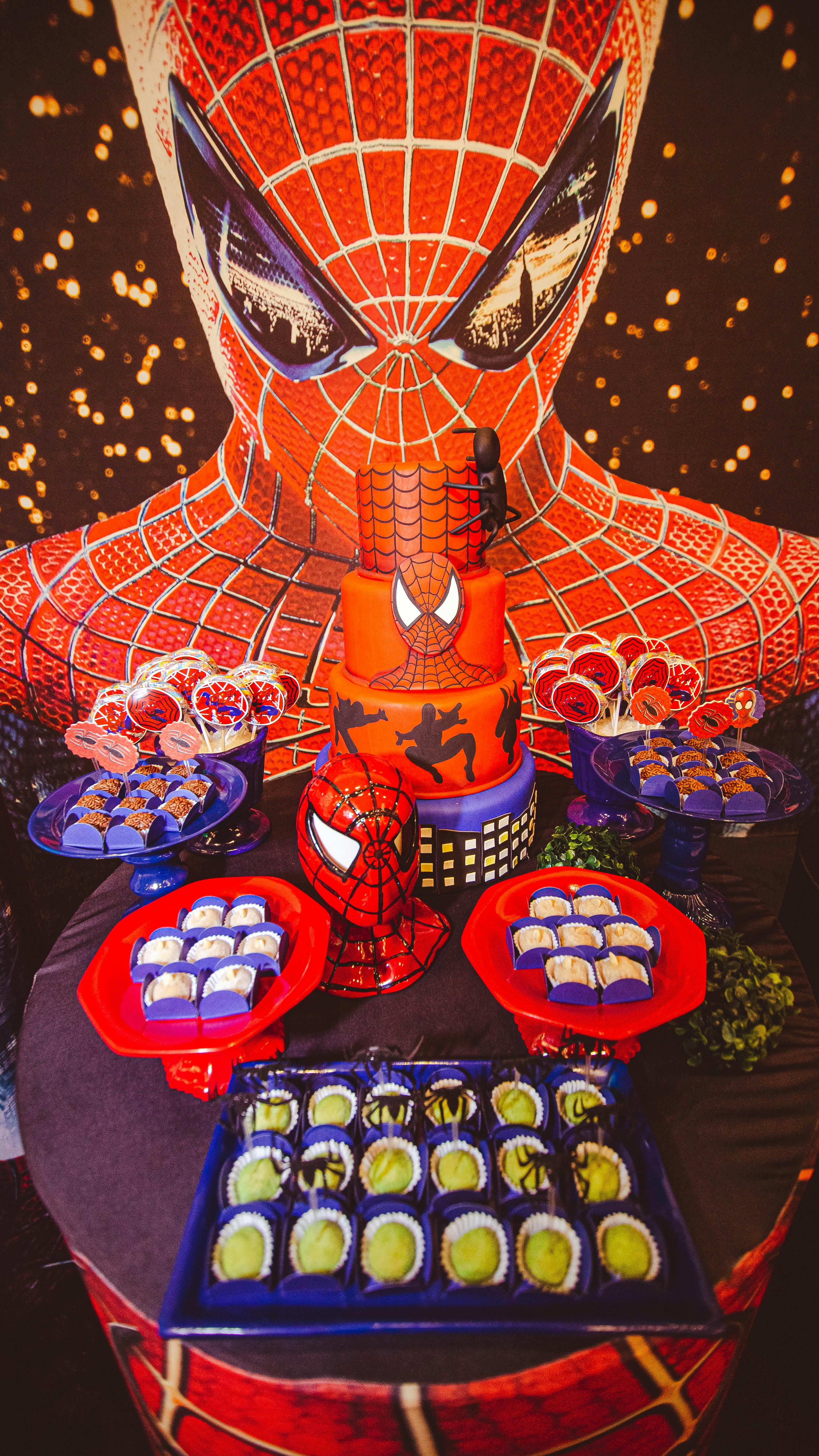Effective Ways to Explore Illusive Comics in 2025

Apply Now


Effective Ways to Explore Illusive Comics in 2025
Understanding the Essence of Illusive Comics
Illusive comics represent a unique fusion of artistic expression and storytelling, enveloping readers in diverse worlds filled with unforgettable characters and plots. These comics often push the boundaries of traditional genres, seamlessly integrating elements from fantasy, sci-fi, and superhero narratives. They appeal to a wide audience, from avid readers of graphic novels to casual fans discovering comic book culture. In 2025, as technology and creativity continue to evolve, exploring illusive comics offers a journey through illustrated narratives that captivate the imagination. These comics dive deep into visual storytelling, highlighting the artistry behind comic book art and sequential art. The rich tapestry of comic book characters and themes, ranging from superhero adventures to introspective tales, make illusive comics worth exploring for both seasoned comic book collectors and new readers alike. As we look ahead, comic book publishers are increasingly diversifying their offerings, making it an exciting time for independent comics and illustrated fiction. Building on these fundamentals, it’s crucial to recognize various avenues to engage with illusive comics in the modern landscape.Diving into Digital Comics
With the rise of digital comics, readers now have unprecedented access to a plethora of comic series. Digital platforms host an immense selection of indie comics, webcomics, and anthologies that cater to fans’ diverse tastes. This evolution in accessibility changes how comic book fans consume their favorite stories, making it easier than ever to experience a wide variety of comic genres. Exploring digital comics allows for interactive engagement, often enhanced with animated elements, integrated soundtracks, or immersive storytelling techniques. Websites dedicated to graphic storytelling provide a platform for creators to showcase their work, while social media helps facilitate connections between artists and audiences. Many comic book shops now also offer subscriptions to digital services, providing readers a convenient way to stay updated with their favorite titles and newly released comics. Additionally, these platforms offer comic book marketing opportunities that empower creators to reach broader audiences. By utilizing online channels effectively, independent comic book artists can share their narratives, engage in dynamic storytelling, and promote their unique art style to captivated readers around the globe.Engaging with Comic Book Events
Comic book events, such as conventions and workshops, serve as pivotal avenues for fans and creators to connect, share, and learn. In 2025, attending comic conventions will be essential for anyone wishing to deep dive into the world of illusive comics. These events not only host panels featuring popular publishers and creators but also foster a sense of community among comic book enthusiasts. At these gatherings, fans can discover new talent and independent comics, while also engaging in discussions about the comic book industry. Workshops focusing on comic illustrations, storytelling techniques, and character development offer valuable insights for aspiring creators looking to refine their skills. Additionally, conventions frequently feature comic book awards, celebrating the artistic and narrative innovations seen in both mainstream and indie comics. The melding of virtual and physical conventions also adds layers to comic events, enabling fans worldwide to participate in ways previously unimaginable. This opens up new possibilities for engagement, whether through Q&A sessions with comic writers or live art events showcasing the behind-the-scenes work of comic creation.Exploring Comic Book Culture Online
The online comic culture is vibrant and diverse, offering various platforms for fans and creators alike. Engaging with online comic communities can significantly enrich one's understanding and appreciation of illusive comics. Social media platforms feature dedicated groups where fans share recommendations, fan art, and insights into their favorite comic book characters. Additionally, many websites allow for the creation and sharing of webcomics, providing opportunities for young creators to display their storytelling and art skills. This grassroots movement revitalizes the comic book industry by embracing varied artistic expressions and encouraging independent works. The crossover influence of manga and alternative comics enriches the comic landscape, creating a melting pot of styles and genres that fans eagerly consume. By navigating these communities, readers gain a deeper appreciation for the diverse narratives and artistic expressions that define modern comic culture. Engaging with other fans also allows for meaningful discussions around comic book adaptations, character arcs, and the evolution of comic book themes.Innovative Storytelling Techniques in Comics
Adapting Comics into Visual Narratives
Illusive comics often redefine storytelling through the innovative use of visual elements. Comic book writers and artists employ various techniques, including panel transitions and visual metaphors, that enhance the reader's emotional engagement. By integrating diverse art styles, creators can evoke feelings that deepen the narrative impact. Moreover, comic book adaptations of popular novels or historical events further demonstrate the storytelling potential of the medium. Such adaptations not only reach broader audiences but also allow readers to engage with narratives through a unique visual lens. This methodology of translating stories into graphic formats highlights the medium's capacity for political and social commentary, paving the way for comics to serve as tools for advocacy. Exploring these advanced storytelling methods, readers can appreciate how illusive comics manage to convey complex ideas while captivating audiences through their artistic visuals.Character Development and Motivation in Comics
In illusive comics, character arcs are crucial in driving the plot and engaging readers. The process of character development involves intricate details—ranging from dialogue writing to emotional arcs—that give depth to comic book characters. Understanding motivations behind actions helps readers relate to, or even empathize with, various characters they encounter in comic book stories. Often, creators utilize diverse character designs to reflect themes present in the narrative, enhancing the overall reading experience. Delving into the symbiotic relationship between character motivation and visual storytelling reveals how creators artfully blend written and illustrated languages to communicate complex narratives. By exploring character dynamics and arcs, readers gain insights into the emotional depth of comic book creations. Recognizing these elements enriches the experience of the storytelling journey.Webcomics: The New Frontier of Comic Storytelling
Webcomics have emerged as an influential medium in the comic book landscape, allowing creators to reach new audiences without the barriers of traditional publishing. This accessibility encourages experimentation with storytelling techniques, art styles, and themes, resulting in a diverse array of content that enriches the comic book culture. As webcomic creators often navigate the digital realm to market their work, they engage their audiences directly, building communities around shared interests. The interconnectedness of webcomic platforms promotes collaboration and crossover events, further integrating various elements from the comic book industry. Moreover, webcomics frequently showcase diverse narratives and representation, leveraging the internet's reach to highlight underrepresented voices within the comic book landscape. This trend towards inclusivity allows for a broader exploration of comic genres and themes, reflecting society's complexities in a universally relatable manner.Exploring Iconic Comics and Their Influence
Recognizing Influential Comic Artists and Their Contributions
Throughout the history of comics, numerous artists have shaped the landscape, influencing both visual and narrative styles. Studying their works—from classic superhero comics to alternative graphic novels—offers insights into storytelling evolution and the artistic techniques employed over the years. Understanding the contributions of influential comic artists helps in appreciating the ongoing development of comic book art styles. Featured within various comic book history exhibits and retrospectives, these artists illustrate how different trends—such as the manga influence—have embellished the comic landscape. Moreover, celebrating these artists through comic book conventions and collaborative events showcases their impactful legacies. Engaging with their works allows readers to draw connections between the past and present, understanding how those iconic comics continue to inspire new generations of creators.Comic Book Reviews: A Gateway to Discovering New Titles
Comic book reviews serve as invaluable resources for readers looking to explore new stories and characters. Reviewers often highlight themes, artistic approaches, and the narrative strengths of various titles, providing a roadmap for comic book fans seeking fresh material. Additionally, these critiques often examine comic book industry trends and highlight standout independent comics that might go unnoticed. Engaging with comic book reviews allows fans to remain informed about upcoming releases, exciting periods in comic book culture, and personal favorites. By integrating reviews into their reading habits, fans can broaden their comic explorations and pinpoint what resonates most with them amidst a sea of options.Participating in Comic Book Collecting and Fandom
Comic book collectors play a significant role in preserving the history and culture of comics. Actively participating in collecting fosters a deeper connection with the medium, offering insights into the comic book design process and the various themes present within the genre. Through local comic book shops, online platforms, or community events, fans can exchange knowledge, ideas, and experiences with each other. Comic book fandom thrives on shared passions, promoting diverse comic book events, discussions, and the incorporation of fan fiction into established narratives. As readers engage in collecting, they simultaneously partake in an ongoing conversation about the significance and impact of comics, celebrating their contributions to visual storytelling and illustrated fiction.Expert Recommendations and Resources for Comic Explorers
Top Tips for Exploring Independent Comics
For readers eager to delve into the world of independent comics, exploring online platforms and local comic shops is essential. Seek out recommendations from comic book allies, participate in comic book workshops to meet creators, and attend community events celebrating indie comics. Many independent comics focus on unique storytelling and diverse themes, offering unconventional narratives that stand apart from mainstream releases. Utilizing social media can also help fans discover upcoming indie titles and the creators behind them. Making use of subscription services that cater specifically to independent comics can yield delightful surprises and passionate stories. Engage with comic book shops that support local artists to create a more significant impact on the community.Engaging with Comic Book Adaptations
Comic book adaptations of movies or video games open an exciting realm for both comic enthusiasts and fans of the original content. These adaptations allow for new storytelling angles, providing deeper context to beloved characters and plots. Readers should seek out comic series that explore adaptations from various media, discovering fresh interpretations and inventive takes that often branch into new narratives. Engaging with these works showcases how the comic book medium can expand upon existing stories while staying true to their core essence.Utilizing Digital Resources for Comic Creation
For aspiring comic creators, tapping into digital resources and online communities can facilitate the comic creation journey. Platforms dedicated to comic book creation offer tools, tutorials, and tips on writing scripts for comics or maintaining a cohesive comic series. Additionally, engaging with online tutorials related to comic illustrations and art techniques for comics serves to refine skills and showcase individuality in artistic creations. Connecting with fellow creators can lead to invaluable feedback, collaborations, and personal growth within the realm of comic book art. H2>Conclusion In conclusion, 2025 presents infinite possibilities for exploring illusive comics, thanks to the vibrant intertwining of technology, creativity, and community. From digital comics to independent publishing, readers now have more resources than ever to engage with the fascinating world of illustrated narratives. By participating in comic events and tapping into online communities, fans can connect with each other and enrich their understanding of comic book culture. As the comic book industry continues to expand, embracing new storytelling techniques and perspectives, there has never been a more exciting time to explore the whimsical and captivating landscapes of comics.
